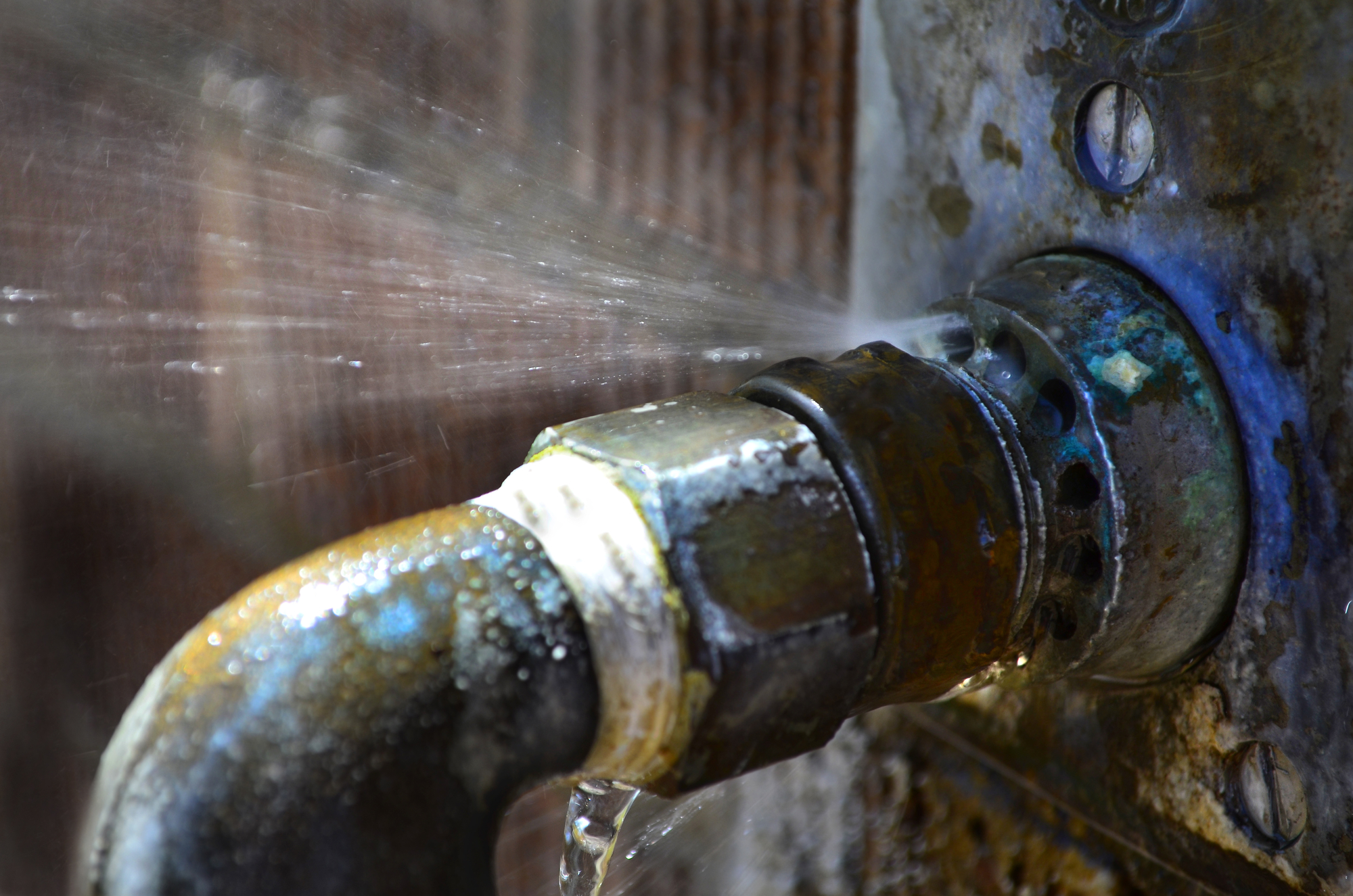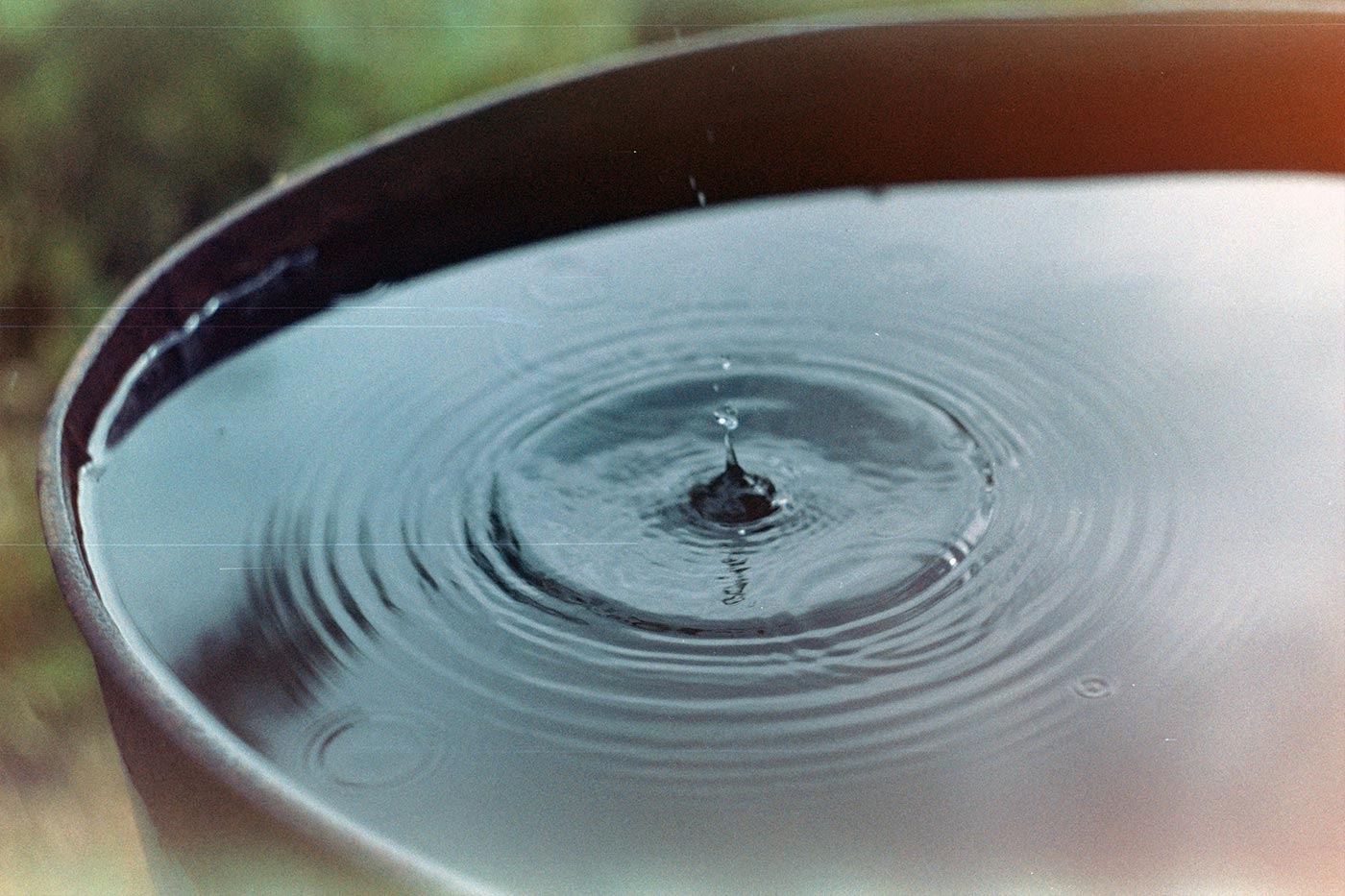Water quality is a significant element to consider in our regular routines. The levels of hard water vary across the United States. Additionally, you can identify them by using their zip code. Among them, Texas is a notable state for its developing populace and prosperous economy. However, one inquiry lies on the ground in a great many people’s psyches: Does fort worth have hard water? In this article, we will jump into the subject to furnish you with the responses you want.
What is hard water?
First lets figure out what hard water is before looking into the specifications. Hard water contains a higher centralization of minerals like calcium and magnesium. These minerals are available in the water supply because of normal cycles. This cycle occurs while it goes through rock arrangements and soil.
Although hard water does not harm our health, it can showcase various effects. Which hurts our everyday exercises and home devices. A few normal issues like hard water incorporate limescale development in pipes, diminishing effectiveness, and trouble-washed cleansers.

Does fort worth have hard water
Yes, According to the Fort Worth Water Department, the city does have hard water. This decreases the level of water quality which causes problems to the residents. It is so common and annoying that now people think of it as a regulation. However, on average, Fort Worth’s water can be classified as moderately hard to hard.
The water hardness in fort worth ranges between 7 to 14 grains per gallon (gpg). While having an average of around 10 gpg. The scale used to measure water hardness is as follows:
| Water Hardness | Grains per Gallon (gpg) |
| Soft | < 1 gpg |
| Medium | 1 – 3.5 gpg |
| Hard | 3.5 – 7 gpg |
| Very Hard | > 7 gpg |
Depending on this scale, Fort Worth’s water falls into the upper range of hardness, which means it contains a significant amount of minerals.

The impacts of hard water
Now that we realize Post Worth’s water is decently hard to hard, how about we investigate the impacts it can have on different parts of day-to-day existence:
1. Household cleaning
Cleaning the House Hard water used for cleaning the house can leave mineral deposits on surfaces like showerheads, tiles, and faucets that are unsightly. It can likewise make it harder to accomplish a shimmering clean look.
2. Laundry
Hard water can affect the viability of clothing cleansers, making them try to eliminate messes and leaving garments feeling firm. Additionally, it may result in the fading and loss of color of clothing over time.
3. Showering and bathing
At the point when hard water comes into contact with the cleanser, it structures cleanser rubbish. The skin and hair may become irritated and dry as a result of this residue. It can also make soaps and shampoos less effective, necessitating the use of additional products to achieve desired results.
4. Plumbing and appliances
Hard water can prompt the gathering of limescale in pipes, water radiators, and apparatuses that utilize water, like dishwashers and clothes washers. This development can diminish the productivity and life expectancy of these gadgets, expanding energy costs and the recurrence of fixes.
Ways to resolve hard water
If you are worried about the impacts of hard water in fort worth. Then our guide can be your assistant. Here we will explain the most simple and common ways to bypass hard water. So, here are the tips to help you resolve hard water:
1. Water softeners
Water conditioners are gadgets that eliminate the minerals liable for water hardness. They can be introduced at the mark of passage to the house or at explicit taps, assisting with alleviating the adverse consequences of hard water on your pipes, machines, and everyday exercises.
2. Water conditioners
Water conditioners are one more choice for treating hard water. They modify the synthetic creation of minerals, keeping them from causing limescale development and different issues.
3. Water filters
While water filters by and large spotlight on eliminating pollutants, certain models can likewise assist with decreasing the presence of minerals in the water, which can add to water hardness.
Frequently Asked Questions (FAQs)
Q: Is Hard Water A Common Problem In Fort Worth?
A: Yes, hard water is a common problem in Fort Worth due to the high mineral content in the water supply.
Q: What Causes Hard Water In Fort Worth?
A: Hard water in Fort Worth is caused by minerals like calcium and magnesium, which accumulate in the water supply.
Q: How Does Hard Water Affect Household Appliances?
A: Hard water can lead to mineral buildup in household appliances like washing machines and dishwashers, reducing their efficiency and shortening their lifespan.
Q: What Are The Signs Of Hard Water In Fort Worth?
A: Signs of hard water in Fort Worth include limescale buildup on faucets and fixtures, soap scum in the shower, and dull or stiff laundry.
Conclusion
So, if any asks you does Texas have hard water, then you can positively answer this question. While hard water can have different adverse consequences. It is essential to take note that it isn’t hurtful to your well-being. You can effectively address the difficulties associated with hard water by comprehending the effects of hard water. Investigate the available solutions, such as water softeners, conditioners, and filters. Talk with neighborhood specialists to decide the best method for your particular circumstance and partake in the advantages of further developed water quality in your daily existence.






